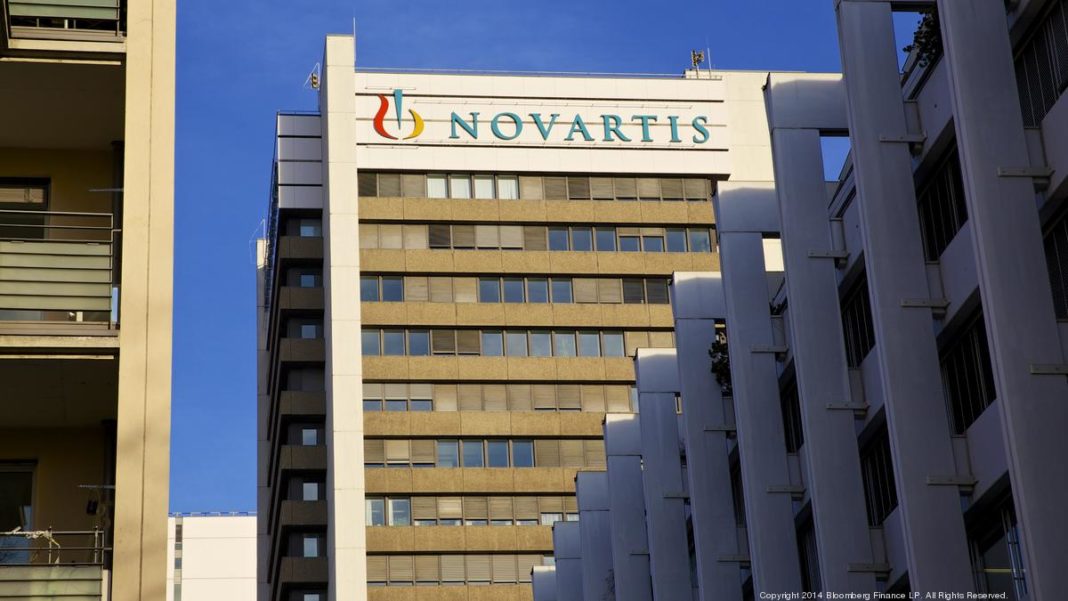Novartis, MMV Launch Phase Iib For Novel Compound -Resistant Malaria
Novartis’ “game-changer” anti-malaria compound KAF156, developed in collaboration with Medicines for Malaria Venture (MMV), a public-private partnership, and charities including the Wellcome Trust and Gates Foundation, is to undergo Phase IIb of trials.
Next-generation antimalarials are urgently needed to tackle rising parasite resistance to current therapies. Emergence of resistance to both artemisinin and many partner drugs has been reported in Asia and reduced sensitivity to artemisinin has also been sporadically reported in Africa.
KAF156 belongs to a novel class of antimalarial compounds called imidazolopiperazines. It has the potential to clear malaria infection, including resistant strains, as well as to block the transmission of the malaria parasite. As demonstrated in a phase IIa proof-of-concept trial, the compound is fast-acting and potent across multiple stages of the parasite’s lifecycle, rapidly clearing both P. falciparum and P. vivaxparasites.
The phase IIb study will test multiple dosing combinations and dosing schedules of KAF156 and lumefantrine, including the feasibility of a single dose therapy in adults, adolescents and children. As children are the most vulnerable to malaria, the goal is to include them in the clinical trial as quickly as possible, following safety review of the data generated
in adults, thereby potentially accelerating the development of a pediatric formulation.The trial will begin with 12 patients, and will assess how the drugs work together. Then, the company plans to test seven different groups, all in parallel, in an attempt to optimize dose combinations, duration of treatment and other factors.
“The odds of two completely independent genetic mutations occurring at the same time are very low, so that’s essentially what we’re trying to do,” David Hughes, who is leading the Novartis team explained. “The way we believe resistance develops to antibacterial or antiparasitic agents is that you may have one resistance mechanism that generates from a genetic mutation and if that happens, those parasites that are able to overcome that drug will very quickly proliferate and they will take over and become the predominant clones in that infection.
“We’re taking advantage of adaptive design where you start and modify and maybe drop certain doses or tweak the dose depending on the data as it comes in during the study,” Hughes said. “And it’s all in the hope of doing good scientific research, but also trying to do the study as quickly and efficiently as possible so you get to the patients that need the medicine as soon as we can.”
Novartis plans to eventually enroll patients as young as two years old. Kids are especially vulnerable to malaria, Hughes said, because their immune system hasn’t had the time to mount a response.























